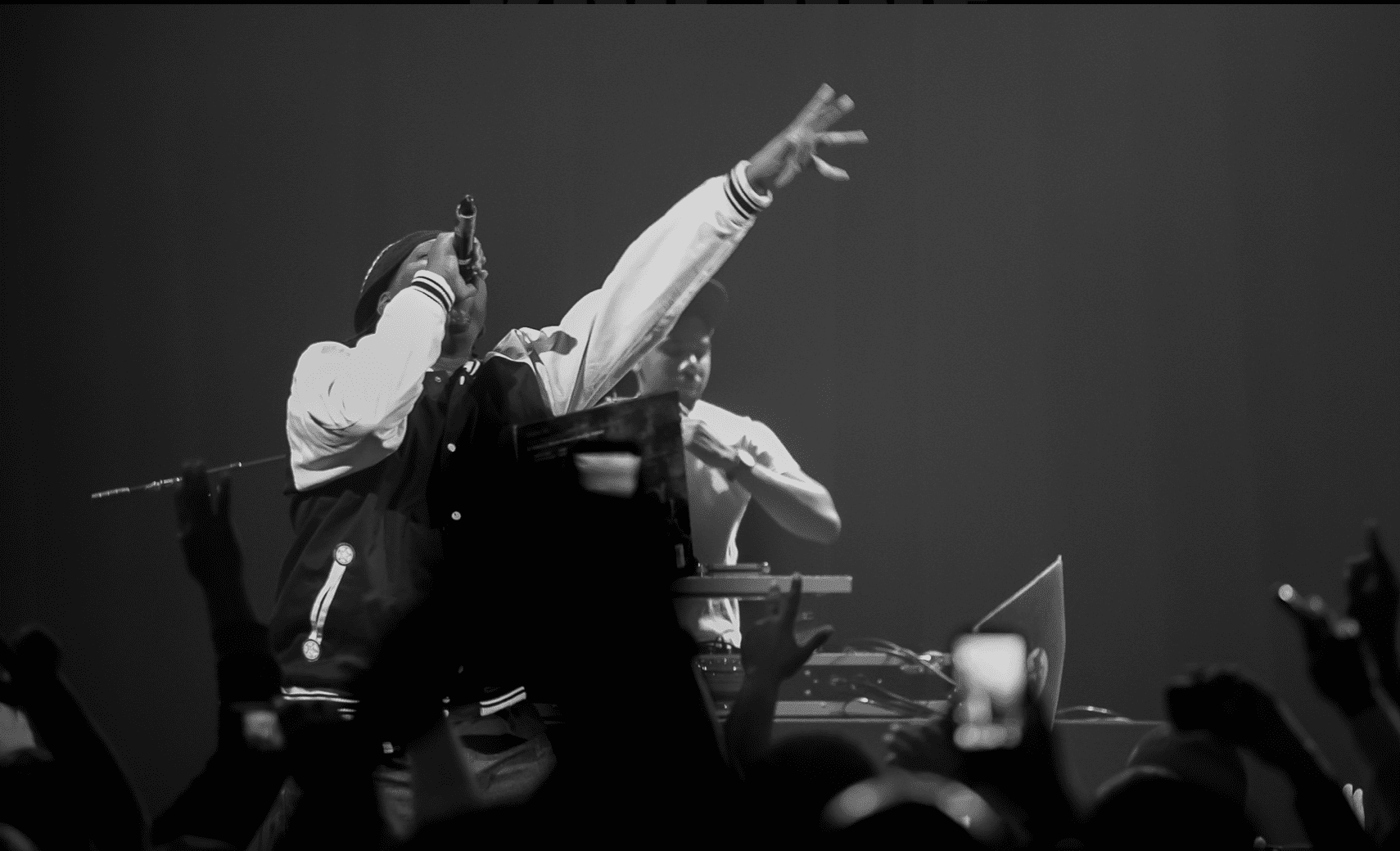KRS-One :
LAWRENCE "KRIS" PARKER
BACKGROUND:
Born: August 20, 1965 (53 years old)
Place: Brooklyn, NY
Labels: Jive, Duck Down, E1, Aftermath
Rapper, Record Producer, Actor, Activist,MC
Who Is He:
KRS-One, MC (Master of Ceremonies) producer, philosopher, and activist was born on August 20, 1965 to Jacqueline Jones and Sheffield Brown in South Bronx, New York City, new york. KRS’s mother was a secretary while his father, who worked as a handyman, was deported to his native Trinidad when KRS was an infant. When his mother remarried in 1970 and had two more children, a son and a daughter, KRS took the new family name and became Lawrence Kris Parker.
CAREER:
As the leader of Boogie Down Productions, at the height of his career in 1987-1990, KRS-One was best known for his furiously political and socially conscious raps. He then got the nickname ” The Teacher”. After his peak, his targeted audience began to vanish as they thought his raps were too ” preachy”. In response KRS-One decided to reestablish himself and his street credibility and become a lot harder in his music. He increased his sparer beats and raps. in 1992 he released Sex and Violence as the first sign of a harder approach to the life.
KRS-One’s first solo album, 1993’s Return of the Boom Bap. He then decided o have a high-quality self-titled 1995 effort and 1996’s Battle for Rap Supremacy, a joint effort with his old rival MC Shan. After 1997’s I Got Next, he put his solo career on hiatus for several years, finally returning in early 2001 with The Sneak Attack. The following year brought two full releases: the gospel effort Spiritual Minded and The Mix Tape, the latter including a single (“Ova Here”) that stood as a response to Nelly, only the latest hip-hop figure to feud with the Blastmaster.
In 2003 KRS-One released two albums, Kristyles and D.I.G.I.T.A.L., while the next year brought only one, Keep Right. In 2006 Life came out on the small, California-based Antagonist Records. The following year KRS-One reunited with Marley Marl to create Hip Hop Lives, an attempt to preserve the golden age of hip-hop. His 2012 effort, The BDP Album, was nostalgia from a different angle, reuniting the rapper with former BDP DJ Kenny Parker.
BIOGRAPHICAL:
Abe, Daudi. “KRS-One [Lawrence Kris Parker] (1965- ) • BlackPast.” BlackPast, 29 Jan. 2019, www.blackpast.org/african-american-history/krs-one-parker-lawrence-kris-1965/.
Coker, Cheo H. “KRS-One.” Rolling Stone, 25 June 2018, www.rollingstone.com/music/music-album-reviews/krs-one-252147/.
East, K. “udr_128_36.” The Review , 0 Mar. 2002.
“Hip-Hop and Homelessness with KRS-One.” Street Roots, Street Roots, 18 Dec. 2012, news.streetroots.org/2011/09/29/hip-hop-and-homelessness-krs-one.
Staff, NPR. “’The Anthology Of Rap’: Lyrics As Poetry.” NPR, NPR, 6 Nov. 2010, www.npr.org/templates/story/story.php?storyId=131125923.
Williams, Derrick L. “Krs-One and Edutainment : An Investigation of Hip Hop As a Pedagogical Tool.” University of Northern Iowa, 2003.
The Belleville Three: Techno
Hip Hop: Categories
Funk: Music Genre
Mary J Blige: R&B Singer
KRS1: The Teacher
Gospel: Old School vs New School
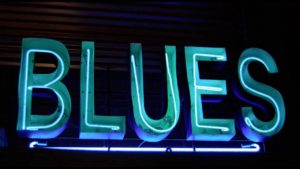
Blues: Black Addition
Lenny White: American Drummer
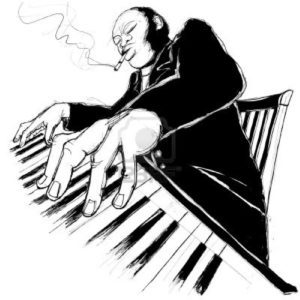
History of Ragtime: Video
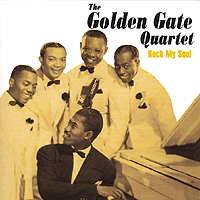
The Golden Gates Quartet: the Gospel Songs & Spirituals
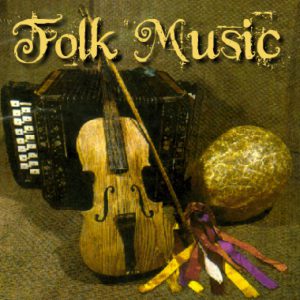
Folk Music: African American Legacy
Why I Shouldn't Take My Final Exam:
I should not have to take your final because your teaching throughout the spring semester has been sufficient and conducive to a positive learning environment. A final exam would only be used as a benchmark to validate what we already know as truth, that I have learned a great deal about the origins and history of African American music. Beginning with slave spiritual to jazz to funk to hip hop, I have gained a great deal of knowledge while being in this class.

